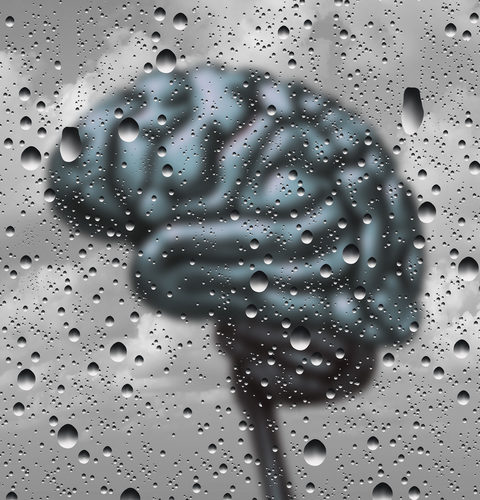The dangers of heroin are well known — it has a reputation for being one of the most addictive drugs, as well as one that can destroy relationships, careers and finances. It is known for the ease with which its users build a tolerance, often leading to lethal consequences as dosages increase. In the United States, there were 13,000 documented deaths due to heroin overdoses in 2015, a number that the Center for Disease Control (CDC) reports has been slowly growing in recent years. Part of this may be because three out of four new heroin users have previously abused prescription opioids — a drug habit that has reached epidemic levels in the U.S., likely impacting the number of people who turn to heroin when they are no longer able to access medical-grade opioids.
Heroin is a synthetic opioid, which means that it is formed with a man-made version of the opiate chemicals naturally found in the resin of poppy plants. Opioids also include morphine, codeine, oxycodone and fentanyl, and are known for producing a numb, euphoric high. They have historically been used in medical pain management, which led to the discovery of their addictive effects and their eventual strict regulation. Heroin is one of the most tightly-regulated opioids in the U.S. since its potential for addiction outweighs its medical uses.
THE EFFECTS OF HEROIN ADDICTION ON THE BRAIN AND BODY
When you are in pain, your body produces its own opioids to manage it. The synthetic opioids in heroin are much more potent and longer-lasting than the ones created by your body. When you use heroin, you experience a rush of numbness, pleasure and euphoria that is stronger and harder-hitting than the effects of your body’s opioids. Your brain quickly adapts to these synthetic opioids, which causes you to produce fewer natural opioids so that you rely on heroin for pain management and positivity — this dependence breeds addiction. You also start to build up a tolerance, which means that you will steadily require larger doses of heroin to reach the same high.
Heroin addiction also causes physical damage to your brain and body. Slowed, shallow breathing is a characteristic physical effect of heroin, which means your oxygen intake lowers significantly while high. Less oxygen in your brain results in the death of irreplaceable brain cells. Additionally, the most common method of using heroin is through injections — this is known to cause serious health problems like collapsed blood vessels, infections and kidney damage, as well as diseases like HIV and hepatitis.


TREATING HEROIN ADDICTION
Heroin withdrawal is marked by severe pain, restlessness, insomnia and vomiting. These symptoms can set in as soon as one or two hours after a high wears off, contributing to the drug’s high risk for addiction. Treating heroin addiction typically requires a medical detox period during which you are weaned off the drug with controlled doses of prescription opioids. Medical detox allows you to flush the drug from your system while minimizing the extreme discomforts of withdrawal. However, it is important to seek medically-assisted detox at a recovery facility that, like The Springboard Center, is equipped to provide these services.
Additionally, the CDC estimates that as many as nine out of ten heroin users also abuse other substances. Co-occurring addictions are best treated with a specialized approach to ensure recovery from addiction to all substances rather than just one. The Springboard Center in Midland, TX also provides experienced care for clients with multiple addictions.
Treating any addiction requires long-term care and planning. The Springboard Center aims to help you build a pathway to recovery that you can stay on — we do so through providing addiction treatment programs that can be tailored to your needs. From physical recovery to mental rehabilitation, our compassionate and experienced staff are here to provide services including:
- Residential treatment
- Intensive outpatient treatment
- Group and individual therapy
- Family counseling
CONTACT THE SPRINGBOARD CENTER
Springboard is proud to be the premier addiction treatment center for the Permian Basin region of Texas, New Mexico and Oklahoma. We treat men and women over the age of 18 for addiction to drugs and alcohol, and we can offer medically-assisted detox at our facility and in partnership with local healthcare centers. If you or your loved one is struggling with addiction, contact us to find out if our programs are right for you. Call us today at our office in Midland, TX 432-620-0255 to learn more about the resources available to you during your recovery.

